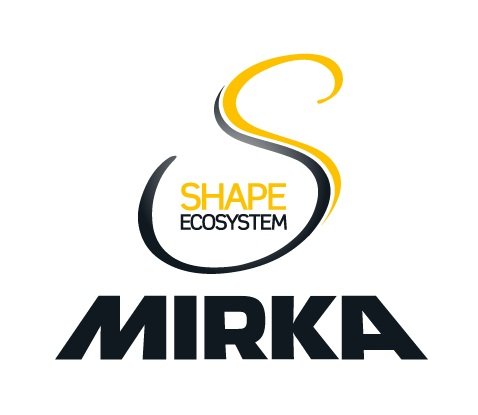Driving Sustainability with Data: Herrmans' DDSM Story
With their innovative approach, Herrmans Bike Components is ready to lead the way towards a more sustainable bicycle component industry. Their story is an example of how traditional manufacturing can adapt to a modern and sustainable world.
Herrmans Bike Components, an innovative player in bicycle component manufacturing with an annual turnover of 20 million, is now aiming to become an industry leader in sustainability through the Data-Driven Sustainability Management (DDSM) project by the SHAPE Ecosystem.
DDSM, a co-innovation project, involves several participants working on their own projects and budgets while reporting to Business Finland. Herrmans' goal within the project is to develop a comprehensive scoring system to assess their products from various perspectives – such as production efficiency, sustainability, value, and repairability.
- Our goal is to measure and communicate sustainability in a way that positions us as leaders in our industry, says André Norrback, Digital Transformation Manager at Herrmans Bike Components.
Herrmans' own sustainability journey accelerated about five years ago. This strategic direction was not just an internal initiative, but also responded to a growing demand from both customers and suppliers.
- Customers often ask if the products are repairable and which are the most sustainable. It's crucial to be the supplier that can provide that information.
A major goal for Herrmans is to explore how repairable their products are alongside with LCA and PCF analyses, to overall reduce emissions.
- Imagine dropping your bike, causing the bike light to partially break. Instead of replacing the whole light, which is common today, we want to explore and understand how easy our products are to repair, André explains.
Currently, many tend to replace the entire light with a new one, especially if it is cheap, rather than trying to repair the damaged part. Unlike more expensive products like cars, where repair is often the preferred option, not much thought has been given to repairing minor damages.
- It’s a challenge to get people to realize that even inexpensive products can and should be repaired, and that's exactly the challenge we’re taking on.
This endeavor represents a significant shift from the prevailing 'buy and discard' behavior, which Herrmans hope to inspire the industry to think the same way.
The process of getting started with DDSM and their Business Finland application went smoothly for Herrmans, André says.
- Be clear with the content of your application, then there will be fewer follow-up questions. We had a good dialogue with Business Finland throughout the process and came up with a strong final vision after our discussions.
Even though Herrmans is part of a diverse consortium within DDSM – varying in both size and industry – they all share a common denominator: They face similar challenges regarding to data-management for sustainability that DDSM aims to solve.
In the early stages of this co-innovation project, it was a hot period of frequent meetings and intense coordination. Nowadays, it's the regular 'morning-coffee' meetings and the quarterly gatherings that keep the project's pulse and ensure everyone is synchronized and well-informed.
- These meetings are our opportunity to show what we are working on and make sure everyone is on the same page.
